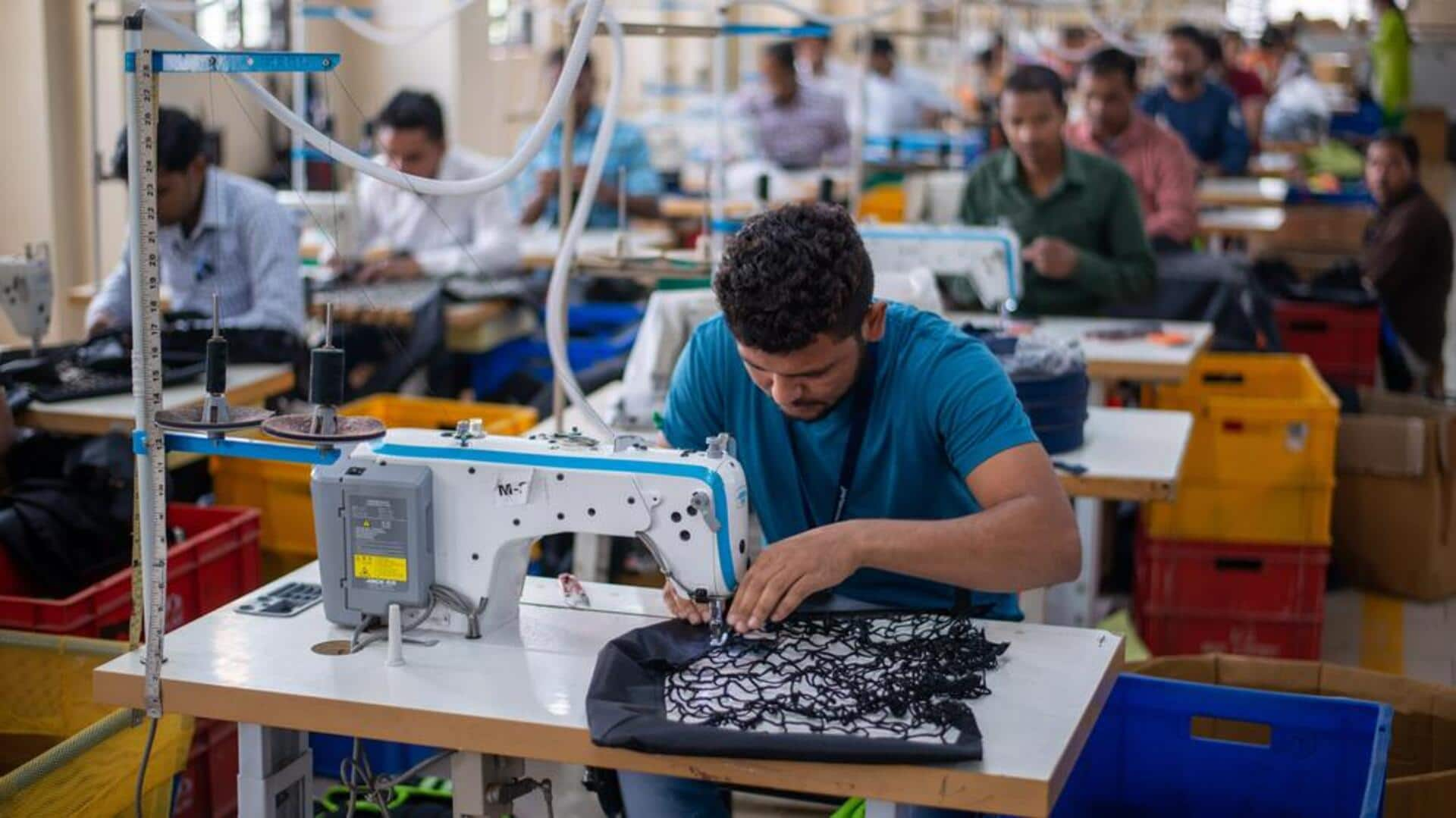
How Modi government plans to improve financial health of MSMEs
What's the story
The Indian government is considering a range of measures to ensure timely payments to micro, small, and medium enterprises (MSMEs). These include levying interest and imposing hefty penalties on defaulters. The Ministry of MSME and the Ministry of Finance are discussing amendments to the Micro, Small and Medium Enterprises Development (MSMED) Act, 2006. The proposed changes would automatically apply interest on late payments after a 45-day period unless otherwise specified in the contract.
Penalty details
Proposed penalties and current regulations
The proposed amendments also include a penalty for non-compliance, which would be 2% of the turnover of large buyers. Currently, penalties and interest are only applied after an MSME lodges a complaint about late payment. Notably, delayed payments to MSMEs account for nearly ₹9 trillion annually, according to government data. The Finance Act 2023 has also introduced a new tax rule effective from April 1, 2024.
Tax implications
New tax rule and reporting requirements
The new tax rule disallows expenses for payments delayed beyond 45 days to MSME suppliers under Section 43B(h) in that fiscal year. This will increase the taxable income for businesses. The government is also considering mandatory aging analysis reporting in corporate filings, which would require companies to disclose payment days and interest paid to MSMEs quarterly.
International practices
Global standards and regulatory measures
The government is studying global regulations and standards, including those in the Netherlands, EU, and UK, to streamline MSME payments. In the Netherlands, a statutory maximum 30-day payment term is enforced after large firms and government entities receive invoices from MSMEs.